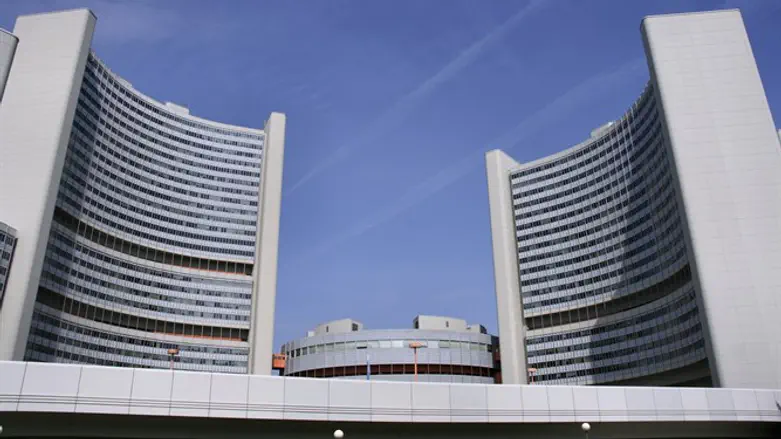
Iran announced Sunday it will lodge a protest with the International Atomic Energy Agency (IAEA) over recent media leaks of confidential information about the country's long-term nuclear program, PressTV reports.
Last week, The Associated Press news agency exposed a classified document which revealed that key restrictions on Iran’s nuclear program imposed under an internationally negotiated deal will start to ease years before the 15-year accord expires.
In response, the spokesman for the Atomic Energy Organization of Iran (AEOI) Behrouz Kamalvandi said Sunday that “the parts [of the document] published were confidential and were supposed to remain so.”
“Our assumption is that it has been leaked by the (IAEA) Agency,” the Iranian official added, according to PressTV.
AEOI head Ali Akbar Salehi said on Saturday that Iran had asked the IAEA to keep the data on Tehran’s long-term nuclear program confidential as there is no reason to make the information public.
Tehran also agreed that a joint commission, which oversees the implementation of the nuclear agreement, will be notified of the plans in a confidential manner, Salehi was quoted as having said.
“We do not intend to make this plan known to the public and (IAEA)'s action is a breach of promise," he added.
Following the leak of the document last week, Iranian Foreign Minister Mohammad Javad Zarif boasted of his country’s ability to restore and even expand its nuclear program despite what the Obama administration in Washington claimed were “comprehensive” restrictions which would curb Iran’s nuclear ambitions.
Calling it a “matter of pride”, Zarif said Iran would restore its full nuclear program in a decade, when limitations imposed as part of the nuclear agreement expire.
Zarif said that the full text of the addendum would soon be made available to the public, and that the document lays out “where we will stand in 15 years”.
Meanwhile, State Department spokesman Mark Toner acknowledged that the public was kept in the dark about the side deal that would lift some of the nuclear restrictions on Iran, but denied when grilled by a reporter that the document was, indeed, “secret”.
